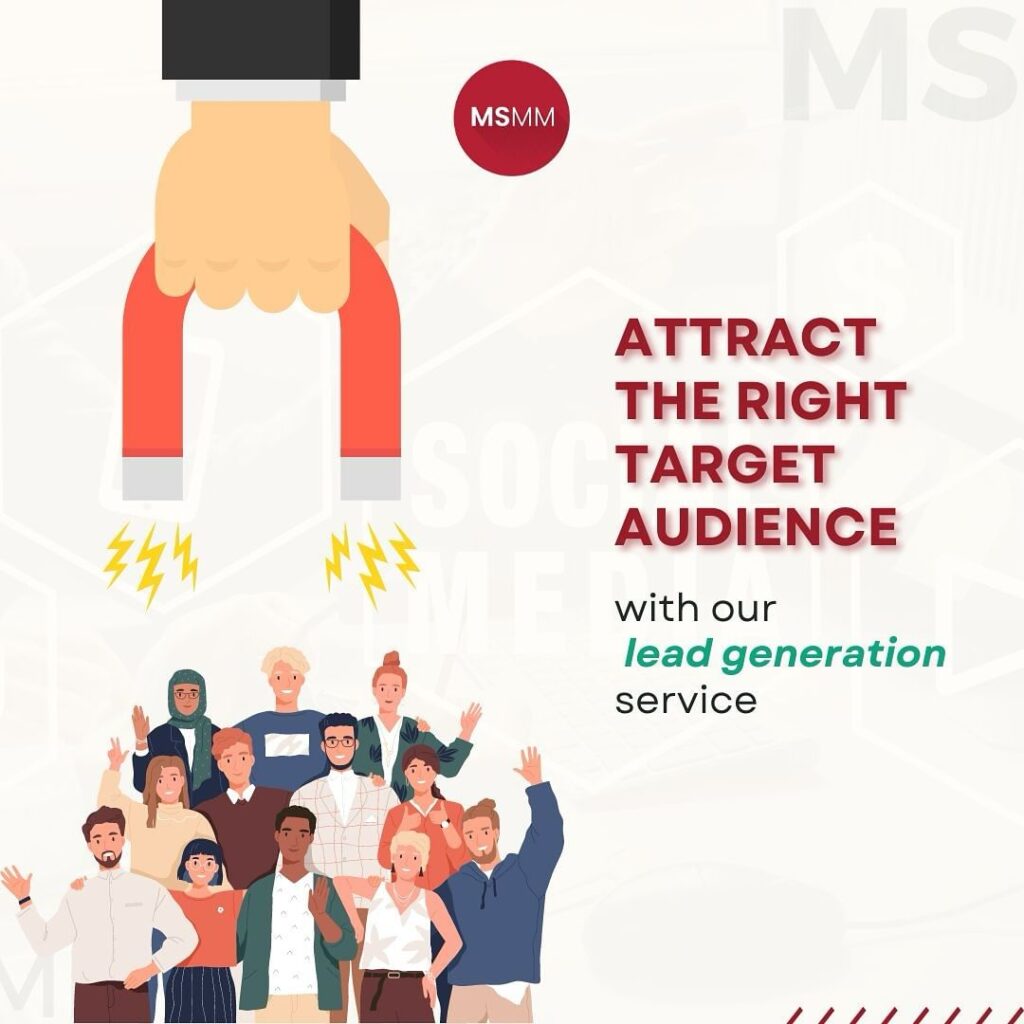Traditional Marketing vs. Digital Marketing: Understanding the Key Differences
In today’s rapidly evolving world, the landscape of marketing has undergone a significant transformation. Traditional marketing encompasses methods that do not rely on the internet, while digital marketing utilizes the power of the internet to reach and engage audiences. Although the primary objective of both methods remains the same—attracting your target audience towards your brand—there are numerous differences between the two. Let’s delve into the key differences between traditional marketing and digital marketing and explore why digital marketing has emerged as the preferred choice in the modern era.
What is Traditional Marketing?
Traditional marketing refers to various offline marketing channels that operate independently of the internet. Examples of traditional marketing include TV advertisements, radio spots, billboards, print ads in newspapers and magazines, and the distribution of pamphlets and brochures. For decades, these methods were the go-to strategies for businesses looking to promote their products or services. However, as the world continues to evolve, traditional marketing methods are gradually becoming less effective, giving way to more innovative approaches.
The Rise of Digital Marketing
With a current worldwide estimated population of 7.8 billion people, approximately 4.93 billion individuals have access to and frequently use the internet. This staggering statistic means that 63.2% of the global population is online. Given that a substantial portion, if not all, of your target audience is likely to be on the internet, it only makes sense to leverage digital marketing to reach them effectively.
But is the usage of the internet the only point of difference between traditional marketing and digital marketing? Absolutely not. There are several distinctions between these two marketing methods, and in most cases, digital marketing holds a significant advantage.
Key Differences Between Traditional Marketing and Digital Marketing
1. Reach: The Power of Digital Marketing
One of the most obvious differences between traditional marketing and digital marketing is the scope of their reach. Traditional marketing methods are often limited to a specified local or regional boundary. For example, a billboard or a newspaper ad will only be seen by individuals within a certain geographical area. In contrast, digital marketing is limitless. With digital marketing, you can reach any corner of the world with ease. Whether your target audience is in your local community or halfway across the globe, digital marketing provides the tools to connect with them.
2. Faster Conversions with Digital Marketing
Conversions are a crucial aspect of any marketing strategy. Digital marketing has proven to deliver faster and more efficient conversions compared to traditional marketing. Consider this: an advertisement on a pamphlet that someone might throw away versus an eye-catching image or video that pops up as they scroll through Instagram, Facebook, or YouTube. Which is more likely to leave a lasting impact? The answer is clear—digital marketing offers a more engaging and effective way to capture your audience’s attention.
3. The Importance of Tracking and Analytics
In an era where everything is constantly changing, tracking the success or failure of your marketing strategy is essential. This is one area where digital marketing truly shines. Unlike traditional marketing, where it can be challenging to measure the effectiveness of a campaign, digital marketing provides real-time data and analytics. You can track key metrics, such as website traffic, click-through rates, and conversion rates, allowing you to make informed decisions and fine-tune your strategy as needed.
4. Enhanced Audience Engagement
Traditional marketing methods, such as TV advertisements, often struggle to capture and maintain audience engagement. On the other hand, digital marketing offers a much more interactive experience. Online advertisements, social media campaigns, and email marketing efforts can be designed to encourage interaction, whether through likes, shares, comments, or direct responses. This interactivity helps to build a stronger connection between your brand and your target audience.
5. Targeted Marketing Efforts
Another significant advantage of digital marketing is the ability to narrow down and precisely target your audience. In traditional marketing, it can be challenging to reach the specific demographic or psychographic profile of your ideal customer. Digital marketing tools, such as social media advertising and search engine marketing, allow you to tailor your campaigns to reach the right audience at the right time. This level of targeting ensures that your marketing efforts are focused on individuals who are more likely to engage with your brand and convert into customers.
6. Higher Return on Investment (ROI)
Return on Investment (ROI) is a critical factor in evaluating the success of any marketing campaign. Digital marketing consistently delivers a higher ROI compared to traditional marketing. This is primarily because digital marketing efforts can be tracked and optimized in real-time. Additionally, the ability to target specific audiences means that resources are allocated more efficiently, ensuring that your marketing budget is used effectively.
7. Immediate Results and Feedback
One of the drawbacks of traditional marketing is the time it takes to see results. Whether it’s a TV ad, a print campaign, or a billboard, the impact of traditional marketing efforts is often only measurable after a considerable period. In contrast, digital marketing provides immediate results and feedback. You can monitor the performance of your campaigns in real time and make adjustments on the fly. This agility allows you to stay ahead of the competition and adapt to the ever-changing market environment.
The Future of Marketing is Digital
In conclusion, digital marketing is undeniably the future of marketing. While traditional marketing methods still have their place, no business can afford to ignore the power of digital marketing in today’s digital age. The advantages of digital marketing—wider reach, faster conversions, real-time tracking, enhanced audience engagement, precise targeting, higher ROI, and immediate results—make it the preferred choice for businesses looking to grow and thrive.
However, the digital marketing landscape is competitive, and having the right team on your side is crucial. At My Social Media Marketing, we are a team of passionate and knowledgeable experts who understand the intricacies of the digital world. We are here to guide you through the complexities of digital marketing so that you can focus on what you do best—building your brand.



